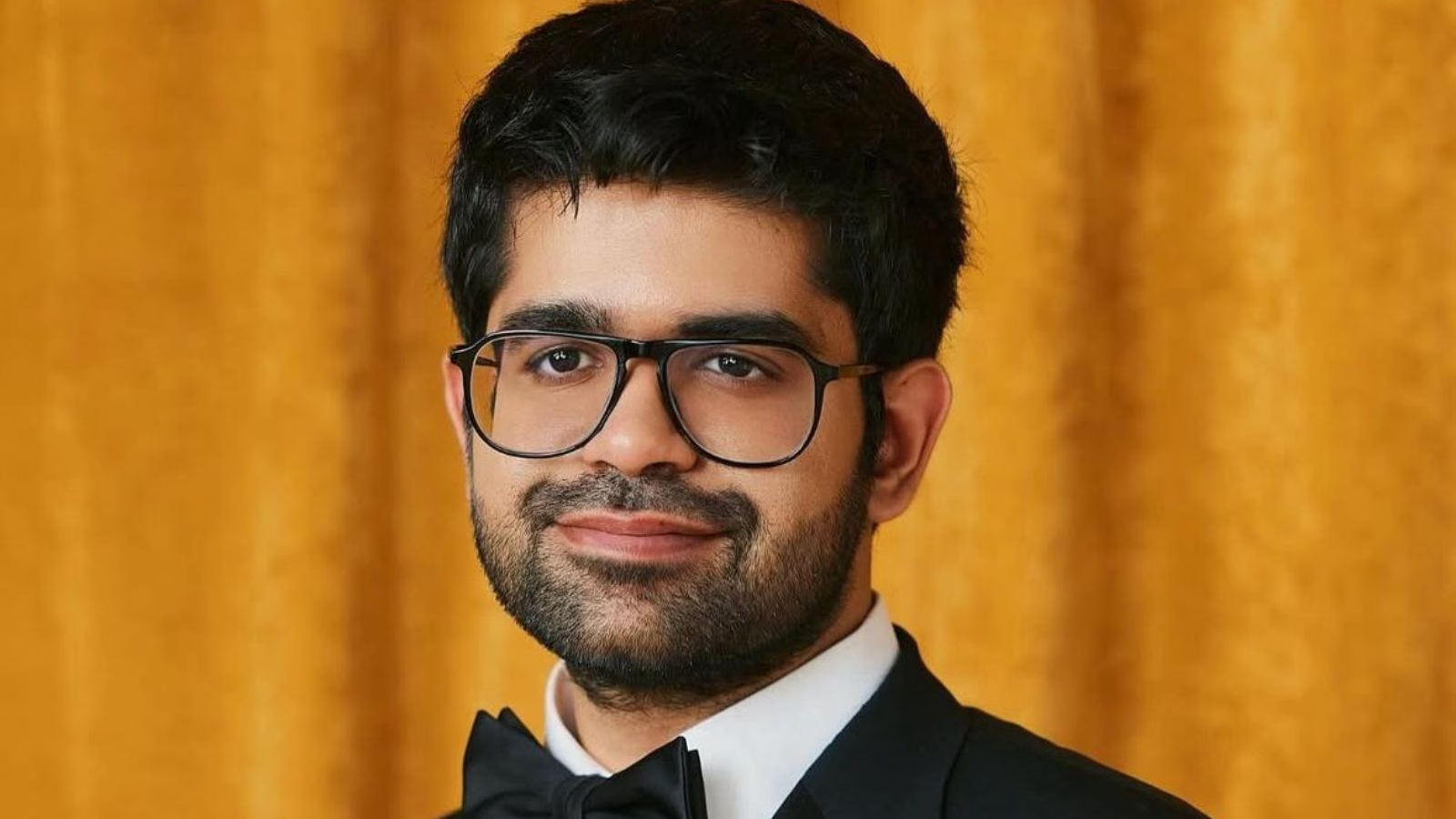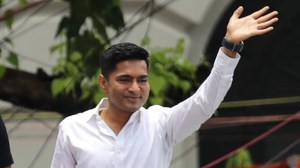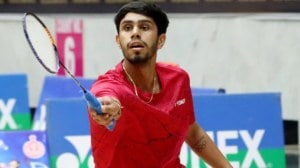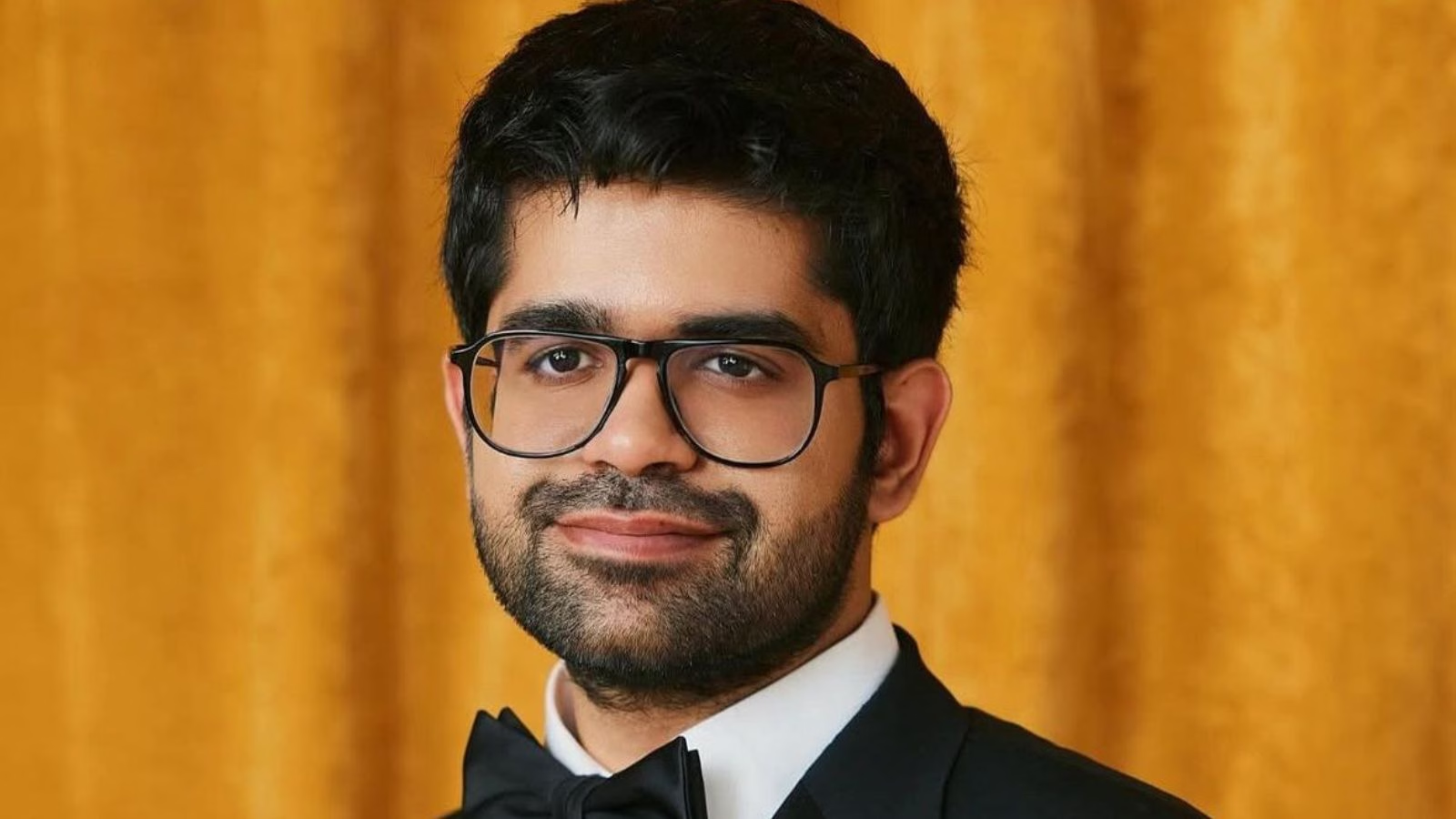Drifting further apart
Through its contradictory approach to President K.R. Narayanan's banquet speech in honour of Bill Clinton, the Government tried to put a l...

Through its contradictory approach to President K.R. Narayanan8217;s banquet speech in honour of Bill Clinton, the Government tried to put a lid on the controversy which threatened to blow in its face.
The informal media briefing that followed it was meant to convey a signal to White House that South Block did not endorse what the Indian President had said. It was an attempt to distance the PMO from the 8220;rebuff8221; administered by Narayanan to his American counterpart which was how the Washington Post put it.
In an off-the-record chat with senior journalists, official sources had critically alluded to the President8217;s shrill words, and pointed out that while the President had talked about non-alignment, it did not figure in the NDA8217;s National Agenda for Governance.
A couple of days later, the Prime Minister8217;s Information Advisor H.K. Dua took a diametrically opposite view and officially denied that there were any substantive differences between the President and the PM. His statement was aimed at placating Rashtrapati Bhavan next door.
The substance of what Narayanan said about the desirability of multi-polarity in a world which is becoming a global village struck a responsive chord in many Indians. In the past, too Presidents have reiterated the country8217;s foreign policy in banquet speeches for visiting US dignitaries. When Richard Nixon was here, the then acting president M. Hidayatullah had defended 8220;our determination to remain independent.8221; N. Sanjiva Reddy had spoken similarly when Jimmy Carter came to India.
What made Narayanan8217;s speech unusual was the choice of his words 8212; like the reference to the 8220;village headman,8221; which could have been put more diplomatically, particularly as Narayanan is a seasoned diplomat. Even though he was quoting the words of Nigerian President Olusegun Obasanajo in his banquet speech in New Delhi two months ago, who he was alluding to was clear.
Narayanan8217;s words might not have created such a storm had he been speaking anywhere other than at a banquet which he was hosting for another head of state. Even more than what Narayanan said, it was the occasion which raised eyebrows. Banquet speeches are normally considered occasions for toasts to the visiting dignitary, though there are those who believe that frankness in the expression of one8217;s beliefs is an act of courtesy. Nelson Mandela had called the US the world8217;s sheriff but it did not affect the US8217; relations with South Africa. In any case, Narayanan had had 45 minutes with Clinton along with aides from both sides before the banquet started and he had already expressed with force in private what he said later publicly.
There is nothing unusual about the PM emphasising one thing and the President quite another as part of a common design. After all, Clinton8217;s press meet in New Delhi was interpreted as a shift in the US position on Kashmir and the LoC. But Madeleine Albright dispelled any hopes on this score the same night in a chat with American correspondents accompanying the presidential party.
The President insisted on articulating his views and the Government felt embarrassed about the lack of subtlety. Notwithstanding Dua8217;s placatory words, the whole affair has highlighted the yawning gap that exists between the President and the Prime Minister.
The President8217;s Republic Day speech cautioning the country on the fallout of the policies of globalisation and liberalisation, his strong words against the setting up of a Constitution Review Committee, and now his banquet references have raised hackles in South Block.
The PM-President relationship worsened last year when he called Vajpayee to face a vote of confidence, after Jayalalitha withdrew support to his government. He had reportedly given an indication to Vajpayee that he would not be required to face a motion of confidence in the Lok Sabha since Parliament was already in session. Vajpayee had conveyed this to his colleagues. He got a shock when the President called for a confidence vote.
The President on the other hand, may have changed tack at the last moment, because of the doubts expressed by some ministerial colleagues of Vajpayee that he may be short of the requisite number by a vote or two.
The President is not a rubber stamp, though every PM would wish this were the case. He represents the Indian state while governments come and go. He has the right to speak independently of the Government and express shades of opinion outside the Government. Over the years, he has come to draft his own address to the nation on the eve of Independence Day and Republic Day.
Narayanan even deviated from the established practice of a customary address to the nation by giving an interview instead, in which he described himself as a 8220;working president8221; as opposed to a 8220;copybook8221; variety. For banquet speeches, the practice is for the MEA to send the President a draft, which it did. Past Presidents used either to improve the language or make minor changes. Narayanan went in for substantive changes. He was also briefed fully on the Clinton visit by the PM, Foreign Minister and the Principal Secretary to the PM, Brajesh Mishra.
Differing with the Government openly on domestic issues is one thing. But should the President strike a note which is at variance with that of the Government on international relations? This was a major event in foreign policy, with the US President visiting the country after a gap of 22 years, and the end of Cold War.
Rajendra Prasad was the most activist of all Presidents that the country has had, and he shot off letters to Jawaharlal Nehru on almost every issue every few days, often to the chagrin of the first Prime Minister. Prasad had even suggested changes in his address to the joint session of Parliament in which the President toes the Government line. He differed with Nehru on the Government8217;s approach to Kashmir, corruption in Government, the Hindu Code Bill, and the President8217;s powers under the Constitution. But when it came to relations with other countries, he consulted the PM about even small details, and Nehru responded promptly.
After Manilal Gandhi8217;s death, his son had sought a message from the President to be used in the special number of the Indian Opinion which was to be brought out. Prasad wrote to Nehru, 8220;I have got a message ready copy enclosed,8221; he wrote, 8220;but would like your advice about it before sending it because it will be published in a paper which will be read in South Africa and by the Government there.8221;
The first President had made no secret about his differences with Nehru on the treaty with China. But he sought his advice on whether he should accede to the request by Sanskrit scholar Rahul Sankrityayan, who was collecting valuable manuscripts from Tibet and China, and had requested Prasad for an introduction to Mao Tse Tung. Nehru advised against it. Prasad wrote back to Nehru, 8220;I understand the situation and will write to him that it would not be right for me to give any introduction.8221;
No PM and President probably had such major differences as did Nehru and Rajendra Prasad though Zail Singh had also threatened to dismiss Rajiv Gandhi. One was an avowed socialist, the other a conservative. But Nehru and Prasad also had immense warmth and respect for each other, nurtured through the freedom movement. If one was temperamentally gentle and accommodative, the other was a stickler for constitutional propriety.
The Prime Minister-President relationship is a unique one in democracy, requiring an understanding of institutional parameters, mutual respect, humility and a habit of working together in the midst of differences which are bound to be there.
The problem dogging Narayanan and Vajpayee 8212; both belong to the old school and both have a respect for institutions 8212; is not their different approaches to issues. It is the lack of communication between them.
- 01
- 02
- 03
- 04
- 05































